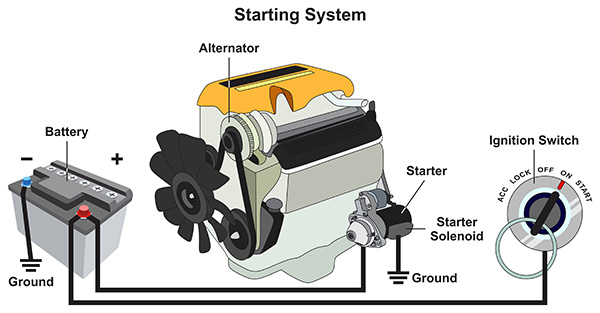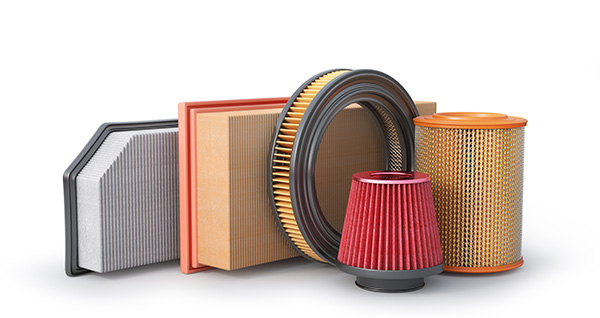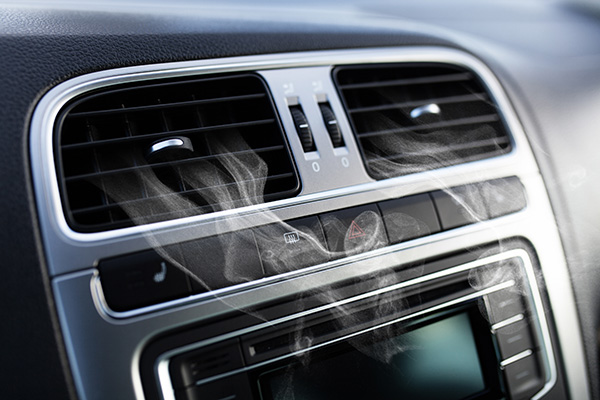Posted on 12/20/2024

A new year is the perfect time for a fresh start—not just for you, but for your pickup truck too. Whether you’re using your truck for work, off-roading, or family road trips, upgrading it can enhance its performance, comfort, and style. If you’re driving around Plano, TX, where the roads demand both reliability and flair, these upgrade ideas will help you make the most out of your ride. Let’s explore some top-notch ways to elevate your truck this year. Upgrade Your Suspension for Better Performance Ever felt like your truck could handle bumps and uneven terrain a little better? Upgrading your suspension can be a game-changer. A high-quality suspension kit can improve your truck’s off-road capabilities, load-handling capacity, and overall ride quality. This upgrade ensures stability and safety for drivers who frequently tow heavy loads or drive on rugged terrain. Not only will your truck handle like a dream, but you’ll also protect ... read more
Posted on 11/29/2024

You’re all set to hit the road, but your car refuses to start. Few things are as frustrating, especially if you’re in a rush. While there are countless reasons a car might not start, some are more common than others. Knowing where to begin troubleshooting can save you time, stress, and possibly a trip to the shop. Let’s walk through the most likely culprits and what you can check when your vehicle stubbornly refuses to come to life. Is the Battery the Issue When your car doesn’t start, the battery is often the first place to look. After all, it’s responsible for powering up your vehicle’s electrical systems and engine. A dead or weak battery can leave you stranded without warning. How do you tell if it’s the battery? Look for clues like dim interior lights, unresponsive power locks, or no sound at all when you turn the key. If you hear a clicking noise, it’s another red flag for a drained battery. Jump-starting your ca ... read more
Posted on 10/31/2024

When you think about maintaining your car, things like oil changes, tire rotations, and brake checks probably come to mind. But have you ever considered the role your car's filters play? Car filters work quietly in the background to keep your vehicle running by blocking out harmful contaminants. Each filter has its own specific function, and understanding the different types can help you ensure your car is performing at its best. Engine Oil Filter The engine oil filter is perhaps the most well-known of all car filters. Its job is pretty straightforward: it filters the oil in your engine, removing dirt, debris, and metal particles. This keeps the oil clean and ensures that it can do its job of lubricating the engine components. Over time, as oil circulates through the engine, it picks up contaminants that, if left unchecked, could cause severe damage to the engine’s internal parts. The oil filter catches these contaminants ... read more
Posted on 9/27/2024

Lexus is renowned for its luxury, reliability, and smooth driving experience, but like any other vehicle, it’s not immune to occasional problems. Even the best cars can have their quirks, and Lexus models are no exception. Whether you’re a proud Lexus owner or are considering buying one, it's good to know what issues are commonly reported. Understanding these concerns can help you stay ahead of maintenance and avoid expensive repairs. So, what are the seven most common problems in Lexus cars? 1. Transmission Problems Lexus drivers have reported car transmission issues, particularly in older models. Symptoms often include delayed shifting, hesitation during acceleration, or even a complete transmission failure. These issues can be attributed to wear and tear over time or improper fluid levels. Regular transmission fluid changes and check-ups can prevent ma ... read more
Posted on 8/30/2024

There’s nothing quite as alarming as catching a whiff of exhaust fumes inside your car. It’s not only unpleasant but can also be a sign of a serious issue that could impact your health and your vehicle's performance. But what exactly causes this smell, and why should you be concerned? Let’s explore the common reasons behind this issue and what you can do to resolve it. The Danger of Exhaust Fumes First things first—why is the smell of exhaust fumes in your car such a big deal? Exhaust fumes contain a mix of harmful gasses, including carbon monoxide, which can be deadly in high concentrations. If these fumes are making their way into your car's cabin, you're not just dealing with a bad odor; you're potentially exposing yourself and your passengers to toxic substances. Prolonged exposure can lead to headaches, dizziness, nausea, and even more severe health issues. So, if you notice this smell, it’s important to take ... read more